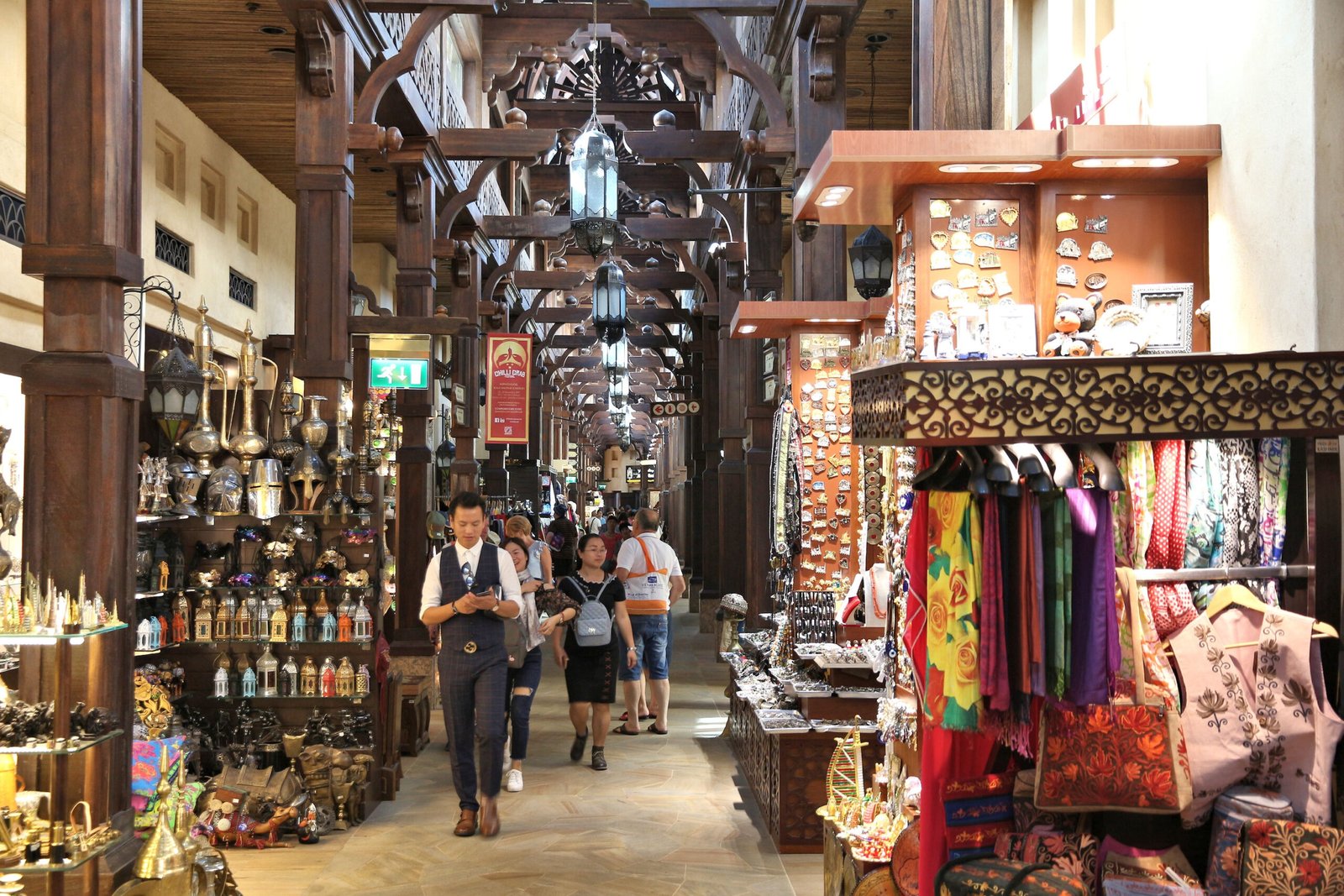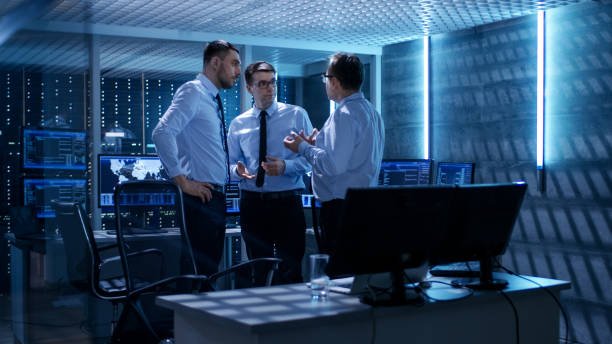Asian weddings are a grand celebration of love, family, and tradition, rich with cultural significance and vibrant customs. From colorful attire to intricate rituals, these weddings are a spectacle of beauty and emotion. For many couples, capturing the essence of their special day through cinematography has become an essential part of the celebration. Asian wedding cinematography goes beyond traditional videography by combining artistry, technical expertise, and cultural sensitivity to create a timeless film that reflects the heart of the event.
In this guide, we will explore the key elements that make Asian wedding cinematography unique, the importance of cultural understanding in filming, and how to choose the right cinematographer for your big day.
1. The Essence of Asian Wedding Cinematography
Cinematography is more than just recording moments; it’s about storytelling. Asian wedding cinematography focuses on telling the couple’s love story, blending the vibrant visuals and emotions of the day into a cohesive and cinematic narrative. It involves capturing not only the major events but also the subtle details that define the wedding’s cultural and emotional significance.
- Cultural Traditions: Asian weddings, whether Indian, Pakistani, Bangladeshi, or others, are filled with traditions. From pre-wedding rituals like Mehendi (henna ceremony) and Sangeet (musical celebration) to the wedding day itself, each moment carries symbolic meaning. A skilled cinematographer will ensure that these traditions are highlighted in a respectful and artistic way.
- Vibrant Visuals: Asian weddings are known for their vibrant colors, exquisite attire, and ornate décor. The richness of the sarees, lehengas, sherwanis, and jewelry worn by the bride, groom, and guests creates a visually stunning atmosphere. Cinematography allows these visuals to come alive on screen, making use of angles, lighting, and movement to capture every intricate detail.
- Emotionally Charged Moments: Family is central to Asian weddings, and the emotions run deep, from tearful farewells during the bidaai (bride’s departure) to joyful dancing at the reception. A good cinematographer captures these authentic moments, blending them into the overall narrative to create a film that is not just beautiful but emotionally moving.
2. The Importance of Cultural Understanding
One of the most important aspects of Asian wedding cinematography is cultural sensitivity. Asian weddings are often steeped in centuries-old traditions and religious customs. Understanding the significance of these traditions allows a cinematographer to respect the rituals and capture them in a meaningful way.
- Understanding the Rituals: Different cultures have different wedding rituals, and understanding these is essential for capturing the right moments. For example, in Hindu weddings, the pheras (the couple walking around the fire) is a key ritual, while in Muslim weddings, the Nikah ceremony, where the couple exchanges vows, is a sacred moment. Knowing when and where to position the camera to capture these rituals without intruding is crucial.
- Respecting Religious Customs: Many Asian weddings are religious ceremonies, and filming during sacred moments requires discretion. For example, in some Sikh weddings, there are specific rules about where cameras can be placed in the Gurdwara (Sikh temple). A cinematographer with experience in Asian weddings will understand these nuances and ensure that their work respects the religious space.
- Capturing Family Dynamics: Family plays a significant role in Asian weddings. A cinematographer should be mindful of family dynamics, knowing when to capture the bride and groom with their parents, grandparents, and extended family. Moments such as the bride’s father giving her away or the groom’s family welcoming the bride into their home are emotionally charged and should be filmed with sensitivity.
3. Choosing the Right Asian Wedding Cinematographer
Selecting the right cinematographer is one of the most important decisions you will make when planning your wedding. A great cinematographer not only captures the key moments but also brings a unique artistic vision to the film. Here are some factors to consider when choosing the right cinematographer for your Asian wedding:
- Experience with Asian Weddings: It’s essential to choose a cinematographer who has experience filming Asian weddings. They will be familiar with the structure of the events, the cultural rituals, and the emotional moments that make these weddings so special. Look at their portfolio to see if they’ve worked with similar cultural backgrounds before.
- Artistic Style: Every cinematographer has a unique style, whether it’s cinematic, documentary, or traditional. Review their previous work to determine if their style aligns with your vision. Some couples prefer a cinematic, movie-like feel, while others may prefer a more documentary-style film that focuses on candid moments.
- Communication and Collaboration: Your cinematographer should be willing to collaborate and understand your vision for the wedding film. They should listen to your preferences and be open to incorporating any special requests or particular traditions you want highlighted. Clear communication is key to ensuring that your expectations are met.
- Team Size and Equipment: Asian weddings are often large, with many events spanning multiple days. A cinematographer with a team can ensure that all the key moments are captured, even when they are happening simultaneously. Additionally, inquire about the equipment they use, such as drones for aerial shots, high-definition cameras, and lighting, which can make a big difference in the final product.
- Post-Production and Editing: The magic of wedding cinematography lies in the editing process. Ask about the post-production timeline and what to expect in terms of the final film. Many cinematographers offer highlight reels, extended films, or even teaser trailers. Discuss the editing style, music choice, and the kind of narrative you envision for your wedding film.
4. What to Expect from Your Wedding Film
A well-crafted wedding film should transport you back to your special day, allowing you to relive the emotions, the beauty, and the joyous moments. Here’s what you can expect from a professional Asian wedding cinematographer:
- Pre-Wedding Events: Many Asian weddings begin with pre-wedding events like the engagement ceremony, Mehendi, Sangeet, or Mendhi night. These events are filled with music, dance, and celebration. A skilled cinematographer will capture the vibrancy and excitement leading up to the wedding day.
- The Wedding Day: From the bride’s preparations to the groom’s arrival at the venue, the key ceremonies, and the grand reception, your wedding day is filled with significant moments. Cinematographers will use a combination of close-ups, wide shots, and creative angles to tell the story of the day as it unfolds.
- Emotional Highlights: Expect your wedding film to include the emotional highlights, such as the exchange of vows, the bride and groom’s first look, speeches from family and friends, and the bidaai farewell. These moments make the film personal and touching, capturing the essence of your relationship and the love surrounding you.
- A Cinematic Touch: Many Asian wedding cinematographers use modern techniques such as slow-motion shots, drone footage, and cinematic color grading to give the film a polished, movie-like feel. These elements enhance the visual appeal and create a more immersive experience for the viewer.
Conclusion
Asian wedding cinematography is an art form that blends cultural traditions, vibrant visuals, and emotional storytelling into a beautiful and lasting film. Choosing the right cinematographer who understands your culture and has the artistic skill to capture your unique love story is key to ensuring that your wedding film becomes a cherished memory for years to come. Whether you’re celebrating with a grand, multi-day event or a more intimate gathering, the right cinematography can immortalize the moments, emotions, and traditions that make your wedding truly special.












